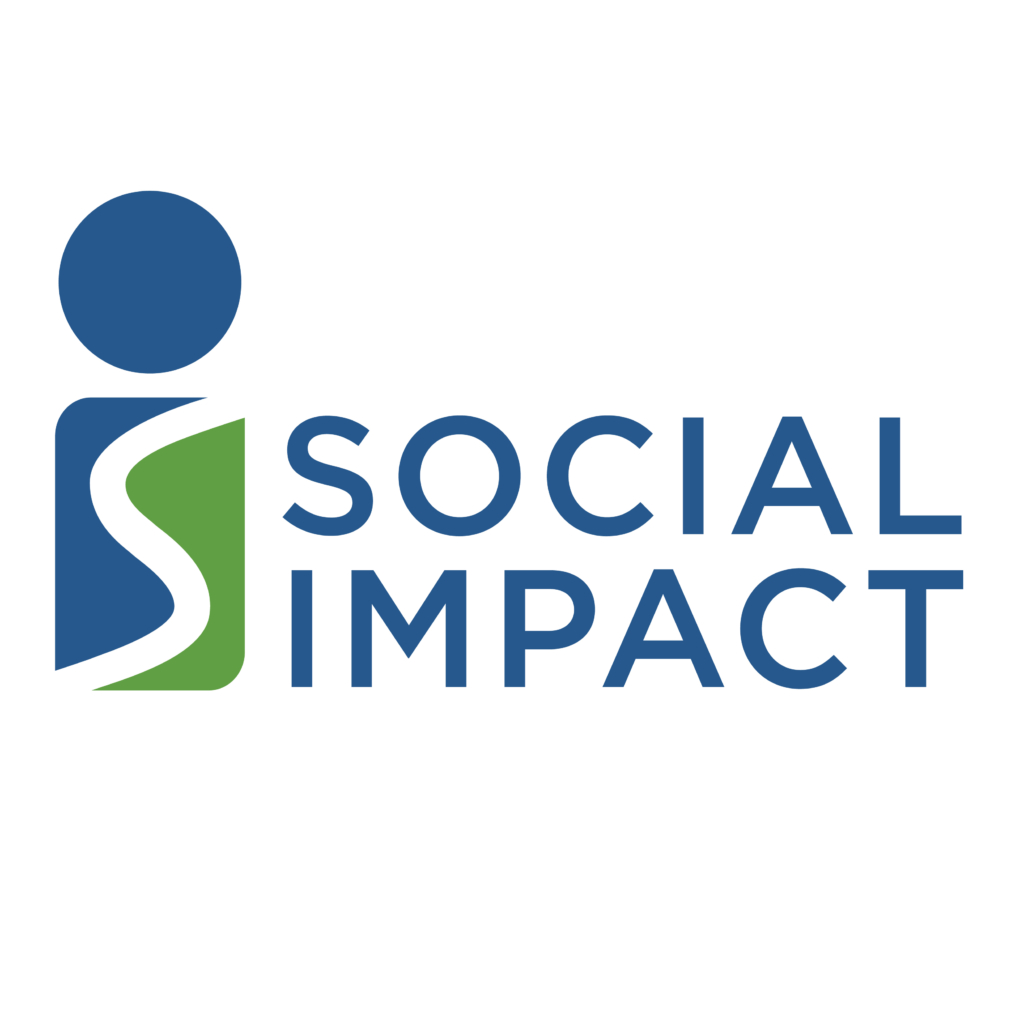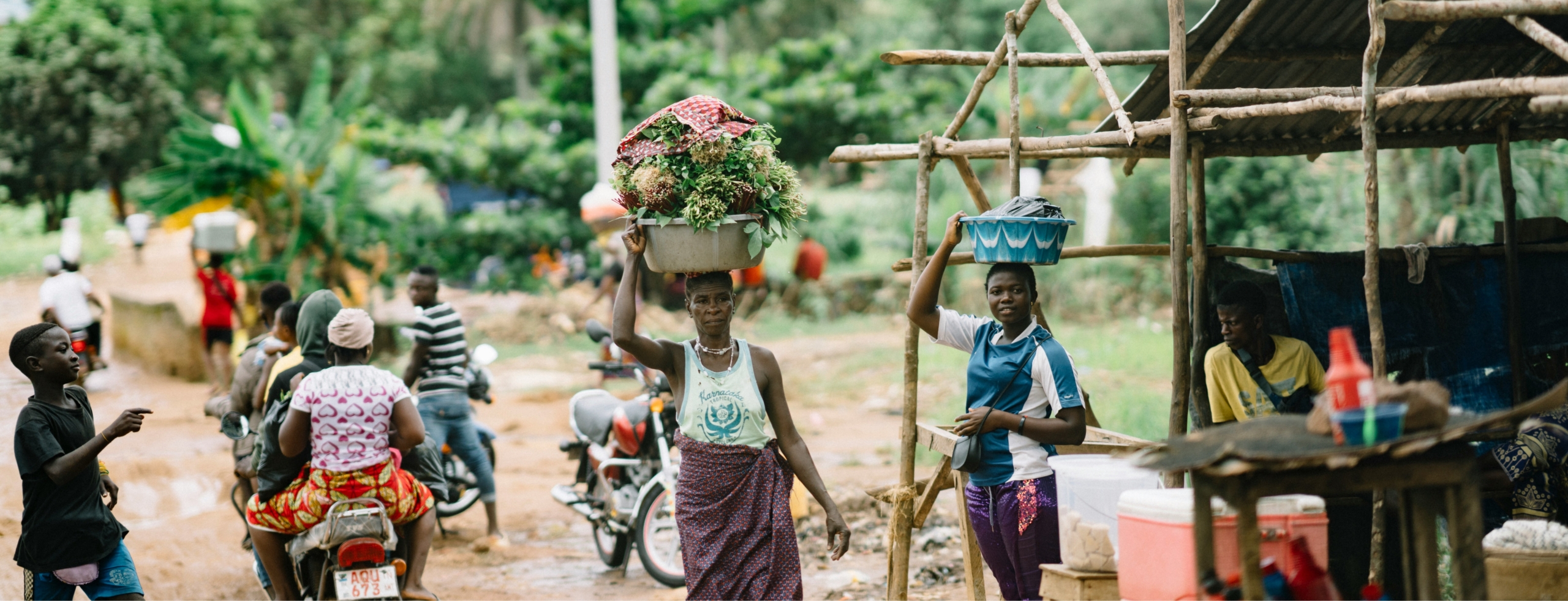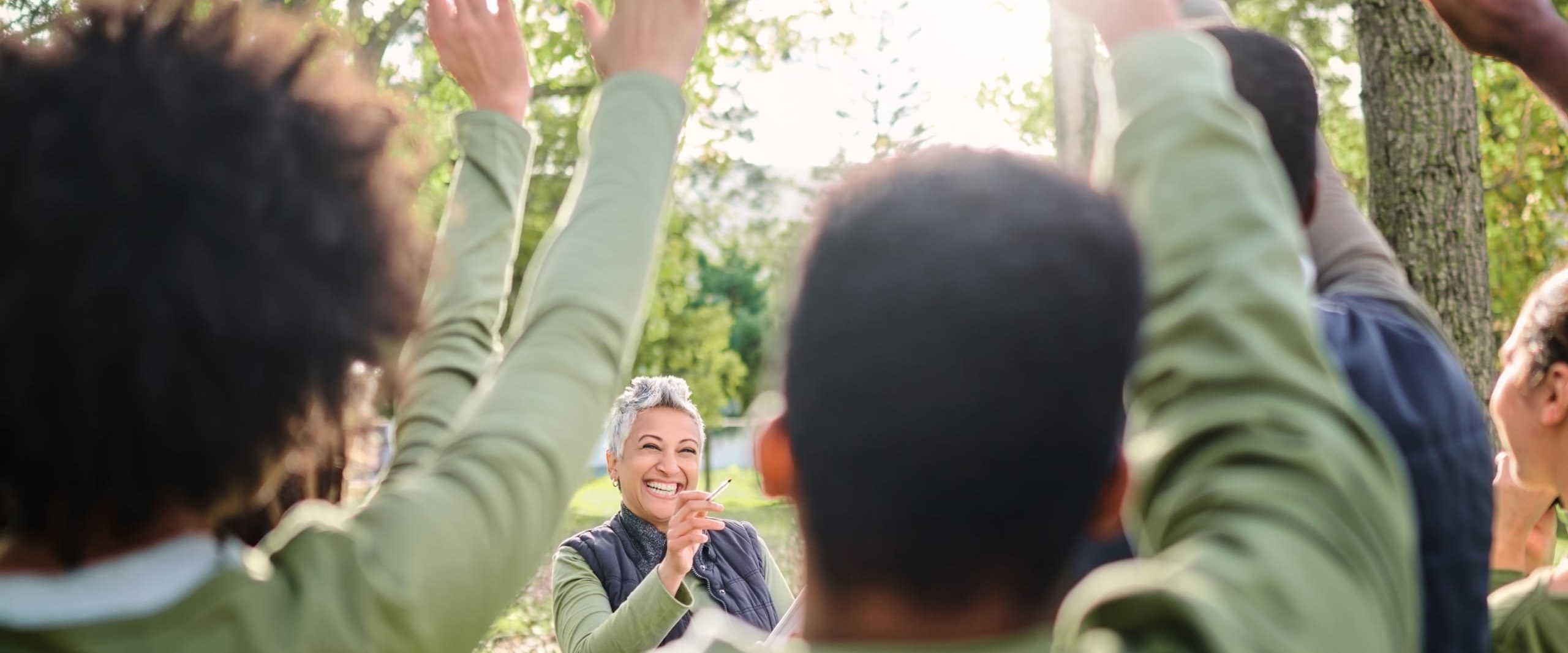USAID/Mexico’s 4-year Resilient Civil Society Activity (RSA), implemented by FHI 360 with Social Impact (SI) as a sub-awardee, focuses on strengthening civil society through innovative approaches. A key aspect of RSA is fostering partnerships between civil society organizations (CSOs) and the private sector to drive sustainable development and systemic change. One standout initiative of the program, Recognition of Collaborative Innovation, exemplifies this effort by highlighting the importance of building meaningful, mutually beneficial partnerships.
Why develop partnerships between CSOs and the private sector?
In Mexico, tackling systemic social issues requires innovative solutions, and partnerships between civil society organizations (CSOs) and the private sector present powerful avenues for change. These collaborations capitalize on each sector’s strengths—CSOs provide valuable local insights and community-driven solutions, while the private sector offers resources, networks, and the technical know-how to enhance impact. By promoting co-creation, shared ownership, and mutual learning, these alliances produce innovative and significant solutions that neither party could accomplish independently, fostering sustainable and systemic advancement.
How did RSA do it?
Through the Recognition of Collaborative Innovation, RSA invited allied CSOs to propose creative partnership ideas with the private sector. Out of 21 submissions, five organizations—AVSI México, Documenta, ProSociedad, Ges Mujer, and Equidad—were selected for their groundbreaking approaches. These CSOs participated in the Tanque de los Ajolotes, inspired by the Shark Tank format, where they presented their proposals to private sector “Ajolotes,” allies committed to social impact.
SI and FHI 360 collaborated with CSOs to refine their proposals and ensure alignment with private sector priorities. This included storytelling training to help CSOs effectively communicate their visions and impact. In turn, private sector allies engaged constructively, offering feedback and committing to long-term, meaningful collaboration.
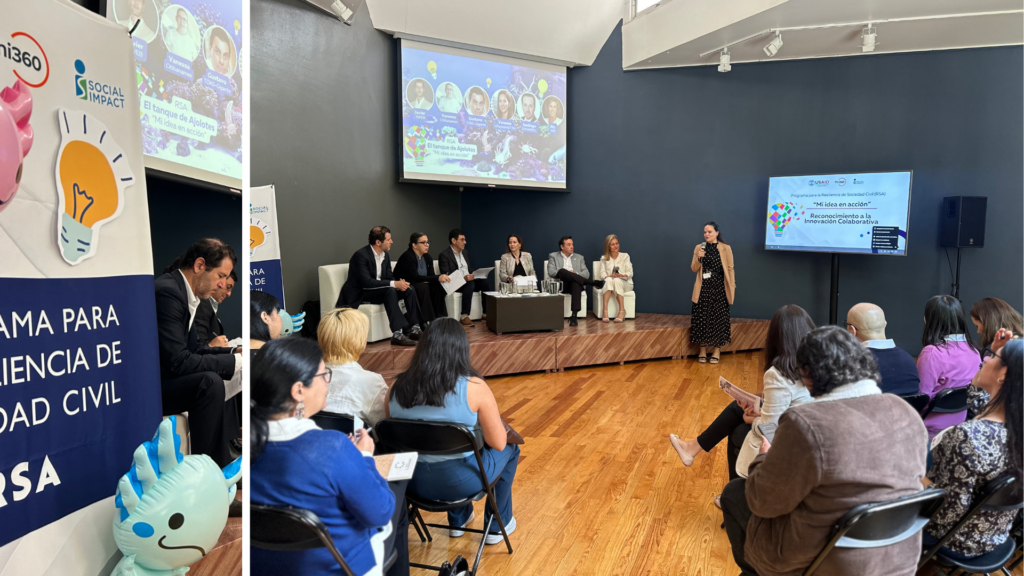
What were the results?
At the end of the Shark Tank event, awards were given to five CSOs based on the strength of their presentations and proposals. These awards marked the beginning of formal partnerships with private sector allies, providing the CSOs with mentorship, technical assistance, and financial resources to bring their initiatives to life.
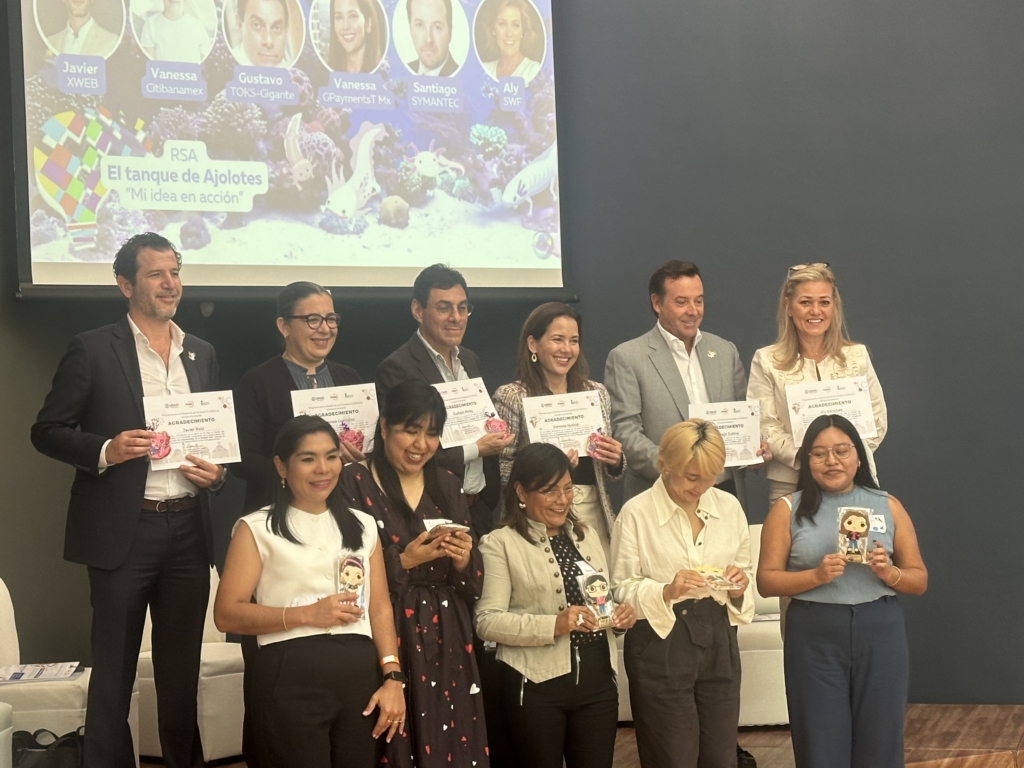
The Recognition of Collaborative Innovation has evolved from an award to a pathway for formalized partnerships. Through continuous collaboration, private sector allies have committed to providing mentorship, technical assistance, and financial resources to help successful CSOs implement their projects. For example, the finalist five CSOs formed long-term alliances with six private sector allies, fostering sustainable collaboration. Two CSOs secured financial support from one of Mexico’s most prominent donors, enabling them to scale their initiatives. Three others established mentorship partnerships to enhance their social intervention models with expert guidance. Additionally, Fomento Social CitiBanamex expressed interest in replicating the innovative contest format, recognizing its potential for broader impact.
These collaborations are not one-off engagements but structured, sustainable partnerships with shared goals and milestones. FHI 360 and SI’s joint implementation support ensures that both sectors remain aligned and engaged, fostering an ecosystem where local leadership and corporate resources intersect to drive meaningful social impact. For many participating CSOs, this was their first opportunity to engage directly with private sector allies as equal partners, building trust and creating a foundation for mutual learning and shared success.

